Good morning, it’s Tuesday, September 30th. In today’s news, Iranian regime members stay in Canada while Ottawa plays political theatre, Activists are shaping education policy in Canada, McKinsey’s network turned Canada’s Infrastructure Bank into Beijing’s piggy bank, Canada lists India’s Bishnoi Gang as a terrorist organization, and much more.
First time reading the daily blend? Sign up here.
Iranian Regime Members Stay in Canada While Ottawa Plays Political Theatre
For nearly three years, Ottawa has promised Canadians it would crack down on Iranian regime members using Canada as a safe haven. The reality? Out of 23 suspects identified, only three hearings have resulted in deportation orders, and just a single individual has actually been removed.
This program, announced in November 2022 with much political fanfare, has become yet another showcase of government incompetence. Think about it: three years of hearings, appeals, endless bureaucratic paperwork, and conceivably millions of taxpayer dollars spent—only to produce almost no tangible results. If the goal was to send a message that Canada is serious about barring human rights abusers and regime operatives, the message that’s actually been sent is one of weakness and dysfunction.
The latest case underlines the problem. Afshin Pirnoon, a former director general in Iran’s Ministry of Roads, entered Canada in 2022 and was driving for Uber when the Canada Border Services Agency (CBSA) moved to deport him. He had worked more than two decades in the Iranian government, appeared at political ceremonies with representatives of the Supreme Leader, and even coordinated with commanders of the IRGC—a group Canada itself has designated as a terrorist organization.
Yet when the case landed before the Immigration and Refugee Board (IRB), the deportation was rejected. The board ruled that despite his title, photographs with regime elites, and documented interactions with the IRGC, Pirnoon didn’t meet their definition of a “senior official.” In other words, decades inside the regime and a record of political ties somehow didn’t count.
This isn’t an isolated failure—it’s the fourth time the IRB has shot down a CBSA attempt. Each time, the government loses credibility, while communities of Iranian-Canadians are left wondering why the very regime they fled keeps popping up in their new home. Meanwhile, intelligence agencies warn that Iran continues targeting dissidents in Canada with threats, harassment, and even plots of assassination.
The Liberal government made a bold promise: no safe haven for senior Iranian officials. Three years later, the results speak for themselves—one deportation, countless legal bills, and a national security risk that still walks our streets. It’s not just a broken program; it’s another example of a Canadian government that knows how to announce but not how to act. Source.
How Activists Are Shaping Education Policy in Canada
Alberta is the latest target of activist lawsuits aimed at dismantling parental rights and government-led school policies—just the newest front in a long-running pattern across Canada. Saskatchewan’s pronoun law and Ontario’s sex-ed overhaul show a disturbing trend: unelected activists and school administrators undermining governments elected to reflect public will. As Nadine Ness of Unified Grassroots bluntly puts it, these decisions strip both parents and students of a voice, serving only teachers and bureaucrats while harming children in ways no one truly measures.
Alberta’s pronoun law—requiring parental consent for students to change pronouns or names—faces a court challenge, echoing Saskatchewan’s legal battle where activist groups prevailed, forcing the government to invoke the notwithstanding clause. Meanwhile, Alberta appears to cave on sexually explicit content in school libraries, narrowing restrictions under activist pressure—a perfect example of bureaucratic cowardice bending to ideologues.
Saskatchewan Premier Scott Moe’s backtracking on a biological-sex policy and Ontario Premier Doug Ford’s diluted sex-ed “repeal” reveal the same pattern: elected officials, though theoretically in charge, are bullied by activist mobs, media narratives, and powerful unions, ultimately compromising their promises to parents.
Groups like Unified Grassroots, ParentsVoiceBC, and Blueprint for Canada have tried to push back through trustee elections, often under fire from mainstream media labeling them “extreme” or “far-right.” Even when successful, the fight is uphill: school administrators increasingly dictate policy, activist groups exploit taxpayer dollars to flood courts with legal challenges and “expert” reports, and governments cower, constrained by litigation and public-relations nightmares.
The real takeaway: Canadian parents are losing control over their children’s education while governments, meant to safeguard public interest, are either impotent or complicit, allowing activist agendas to dominate through courtrooms, bureaucracies, and public funds. Democracy isn’t failing—it’s being hollowed out by a combination of activist overreach and government timidity.
How McKinsey’s Network Turned Canada’s Infrastructure Bank Into Beijing’s Piggy Bank
Earlier this year, Ottawa’s Canada Infrastructure Bank quietly approved a $1-billion loan for BC Ferries to buy new ships. On the surface, it sounds like good news — better vessels for one of Canada’s busiest ferry systems. However, the ships aren’t being built in Canada. They’re being built at a Chinese state-owned shipyard with direct ties to Beijing’s military.
Federal ministers, including Chrystia Freeland, claimed they were “dismayed” and even wrote letters raising national security concerns. But documents later revealed that her department had been briefed weeks earlier. The outrage was staged. Ottawa knew exactly what it was signing off on.
Why does it matter? Because the shipyard — China Merchants Industry Weihai — isn’t just any factory. It’s part of Beijing’s “military-civil fusion” strategy, where civilian projects are designed to double as military assets. According to U.S. intelligence reports, China has been converting its ferry fleet into platforms that can carry tanks and troops for a potential invasion of Taiwan. By contracting these shipyards, Canadian taxpayer money may be indirectly helping China prepare for war.
It also shines a light on who set up the Canada Infrastructure Bank in the first place. The idea came from Dominic Barton, former global head of consulting giant McKinsey & Company and later Canada’s ambassador to China. Barton helped design the Bank alongside Michael Sabia, who now works as Prime Minister Mark Carney’s chief of staff. Today, the Bank’s leadership is stacked with McKinsey alumni — meaning the same small network still pulls the strings.
Barton’s history makes this even murkier. While running McKinsey, he worked with multiple Chinese state-owned companies, including some involved in militarized island-building in the South China Sea. When pressed in Parliament, he dodged questions and refused to provide a full list of clients.
The bigger picture is this: Canada is pouring a billion dollars into a project that creates zero domestic shipbuilding jobs while strengthening China’s strategic industries. And instead of owning up to it, Ottawa staged a performance of shock to deflect blame.
This isn’t just about ferries. It’s about sovereignty and security. If Canada can’t keep its infrastructure money out of Beijing’s military orbit, how can it claim to take national defence seriously? Source.
Canada Lists India’s Bishnoi Gang as a Terrorist Organization
Canada has officially designated the Bishnoi Gang as a terrorist entity, citing its role in murder, extortion, shootings, and arson—particularly targeting South Asian communities.
Public Safety Minister Gary Anandasangaree said the gang has created a climate of insecurity for South Asian Canadians by going after community leaders, businesses, and cultural figures. The group, led by jailed Indian gangster Lawrence Bishnoi, has also been linked to high-profile assassinations in India.
The listing allows Canada to freeze assets, pursue terrorism financing charges, and criminalize any dealings with the gang. Conservatives had long pushed for the move, calling it “long overdue” given the gang’s role in widespread extortion in cities like Surrey, Brampton, and Calgary.
The decision also carries geopolitical weight as Ottawa works to repair strained ties with India after allegations of Indian government involvement in transnational crime in Canada, including through the Bishnoi network. More
Israel Agrees to US Plan to End Gaza War
President Donald Trump unveiled a 20-point plan to end the Israel–Hamas war in Gaza, announced alongside Israeli Prime Minister Benjamin Netanyahu. The proposal calls for a full hostage exchange, Hamas giving up political control of Gaza, and the creation of a transitional technocratic government overseen by an international “Board of Peace” chaired by Trump, with figures such as former UK Prime Minister Tony Blair expected to join.
Hamas fighters who disarm would be granted amnesty or safe passage abroad, while civilians would not be forced to leave Gaza. Netanyahu endorsed the plan, saying it meets Israel’s war aims, but warned that military operations would resume if Hamas refuses.
Hamas has 72 hours to release all hostages under the deal, though the group has historically rejected disarmament. Egypt and Qatar have delivered the plan to Hamas negotiators, who said they will review it. More
Trump and Congressional Leaders Fail to Reach Deal to Avoid Shutdown - The House passed a clean resolution earlier this month, but it failed in the Senate 44–48. Without a compromise, the government is set to shut down at 12:01 a.m. on Oct. 1. More
Man Arrested After Border Officials Seize 48 Firearms, 17,000 Rounds of Ammo in Ontario - More
We’re Cooked: Canada’s Fertility Rate Falls to Record Low of 1.25 Children Per Woman - More
Taliban Cuts Afghanistan’s Internet in Nationwide Blackout - More
Madagascar’s President Dissolves Government Amid Youth-led Protests - More
Canada to Avoid Technical Recession in 2025 But Not a Real Recession: Deloitte
Canada may technically avoid a recession in 2025, but the economic reality suggests it will feel very much like one. Real GDP growth is projected at only 1.2% this year, barely above stagnation, after a first half that “ground to a halt” under the weight of US tariffs and low consumer confidence. Spending is sluggish, immigration is slowing, and labour-force growth is weak, meaning job markets and household incomes will remain under pressure.
While the Bank of Canada may trim interest rates slightly to 2.25% and inflation hovers near 3%, these measures are unlikely to stimulate robust growth. Most Canadian exports enjoy tariff exemptions under the USMCA, but key sectors—steel, aluminum, copper, vehicles, and oil—still face steep tariffs, hitting businesses and supply chains.
For the average Canadian, this “technical” avoidance of recession won’t feel like growth. Housing and consumer activity are weakening, wages are under strain, and economic momentum is minimal. By almost any practical measure, Canada is in the middle of a real economic slowdown that will resemble a recession for households and businesses alike. More
Shopify Merchants Will Soon Be Able to Sell Products Through ChatGPT - More
Video Game Maker Electronic Arts Going Private After Record $55 Bllion Buyout - More
YouTube to Pay $24.5 Million to Settle Lawsuit With Trump - Trump had sued, arguing the popular social media platform unlawfully silenced conservatives after the events of Jan. 6, 2021. More
First Crewed Moon Mission in 50 Years Set to Launch in February 2026
NASA has named the Orion spacecraft for the Artemis II mission Integrity. Scheduled to launch as early as February 2026, Artemis II will carry astronauts Reid Wiseman, Victor Glover, Christina Koch, and Canadian Jeremy Hansen on the first crewed flight around the Moon in more than 50 years.
The 10-day mission is primarily a test flight, designed to validate spacecraft systems and life-support functions before Artemis III attempts a lunar landing. Highlights include manual flight tests, a lunar flyby at 5,000–9,000 nautical miles, and scientific experiments studying human health, radiation, and deep-space impacts on the body.
Artemis II could also break Apollo-era distance and speed records. Its success is considered critical for paving the way to Artemis III in 2027, which aims to land astronauts on the Moon’s south pole, and future missions that will expand human presence deeper into space. More
The Surprising Way Parents Transfer Longevity to Offspring - New research shows that roundworms can transmit lifespan-extending traits across generations through histone-based epigenetic inheritance. More
Strong Social Bonds May Literally Slow Aging at the Cellular Level - Strong, sustained social connections across life may slow biological aging, lowering inflammation and keeping the body’s “epigenetic clock” younger. More
Leonard Denies All Allegations of Multi-Million Dollar No-Show Deal
Kawhi Leonard pushed back on claims that he didn’t perform services for Aspiration, the bankrupt green banking company and Clippers sponsor linked to a $28 million endorsement deal. Skeptics note the timing and size of the contract—signed shortly after Leonard’s $173 million extension and involving $20 million in company stock—raises questions, especially as Leonard was listed as a creditor in Aspiration’s bankruptcy.
While Leonard insists he fulfilled his obligations and blames fraud by the company’s founders, NBA rules prohibit team involvement in player endorsements, prompting a league investigation into potential conflicts with Clippers ownership. Both Leonard and Steve Ballmer claim ignorance of contract details, leaving the optics murky despite Leonard’s insistence he did nothing wrong. More
MrBeast Defends $500,000 “Would You Risk Dying” Fire Stunt, After Viral Backlash - More
Giants Receive Devastating News on Star WR Malik Nabers as He is Out for the Season with a Torn ACL - More
Revolutionary ‘Bite-Proof’ Wetsuit Fabric Nearly Eliminates Shark Bite Injuries
Vietnamese Man Earns Record With More Than 19 Feet of Fingernails
On This Day in 1938, The Treaty of Munich is signed by Adolf Hitler, Benito Mussolini, Édouard Daladier, and Neville Chamberlain, forcing Czechoslovakia to give territory to Germany. Chamberlain infamously declares “Peace for our time” upon his return to London.






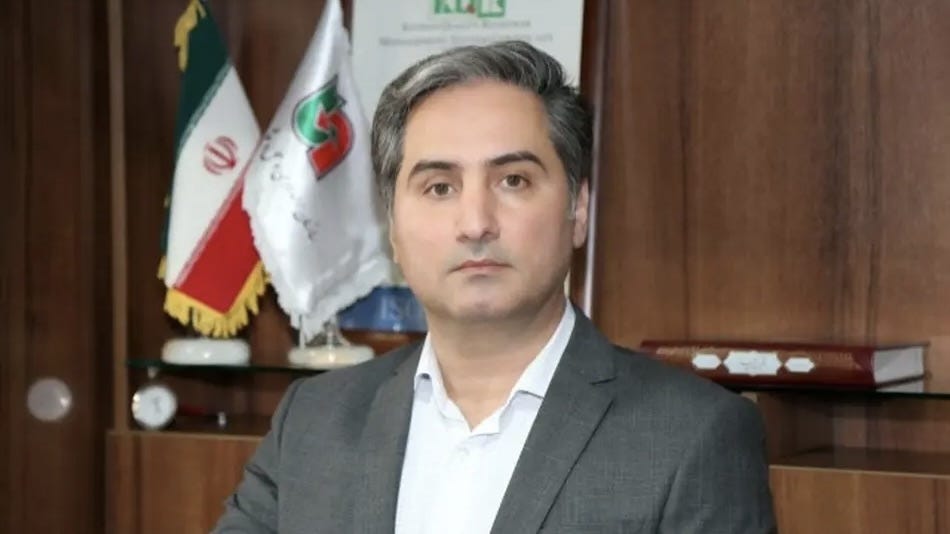
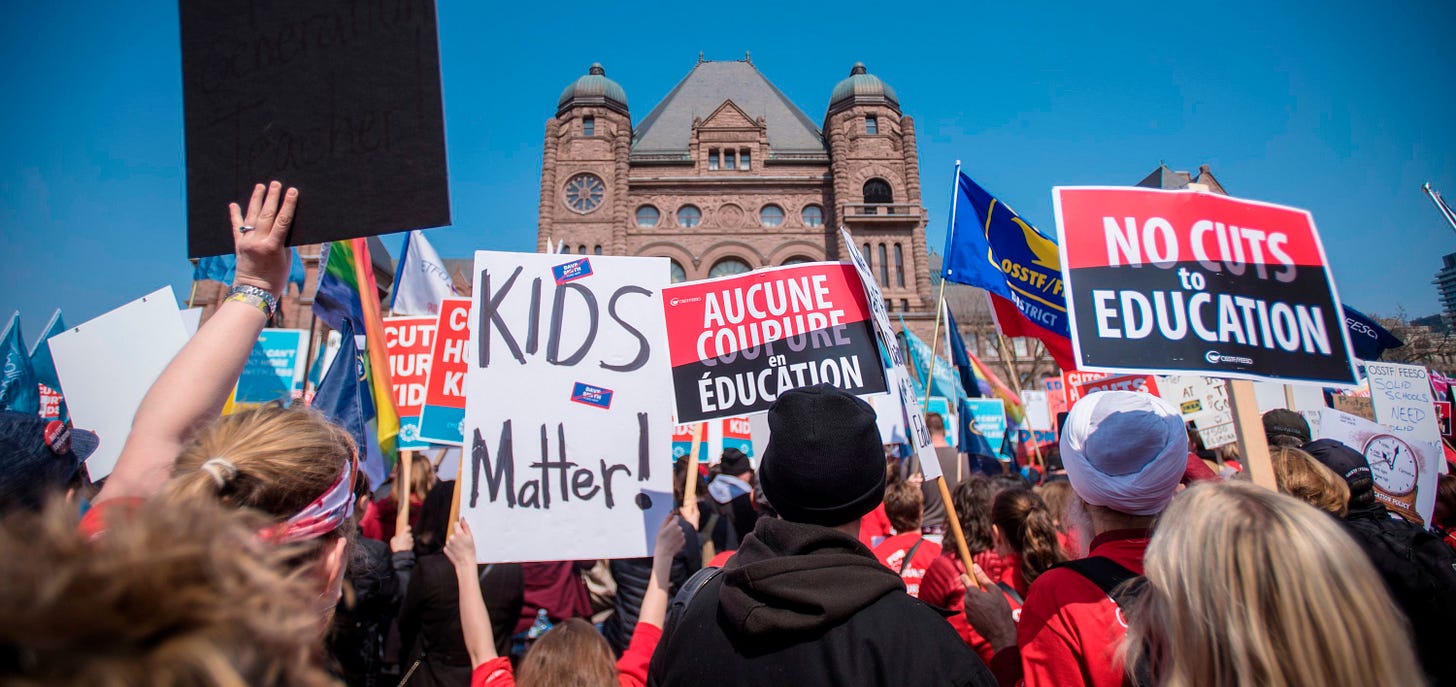
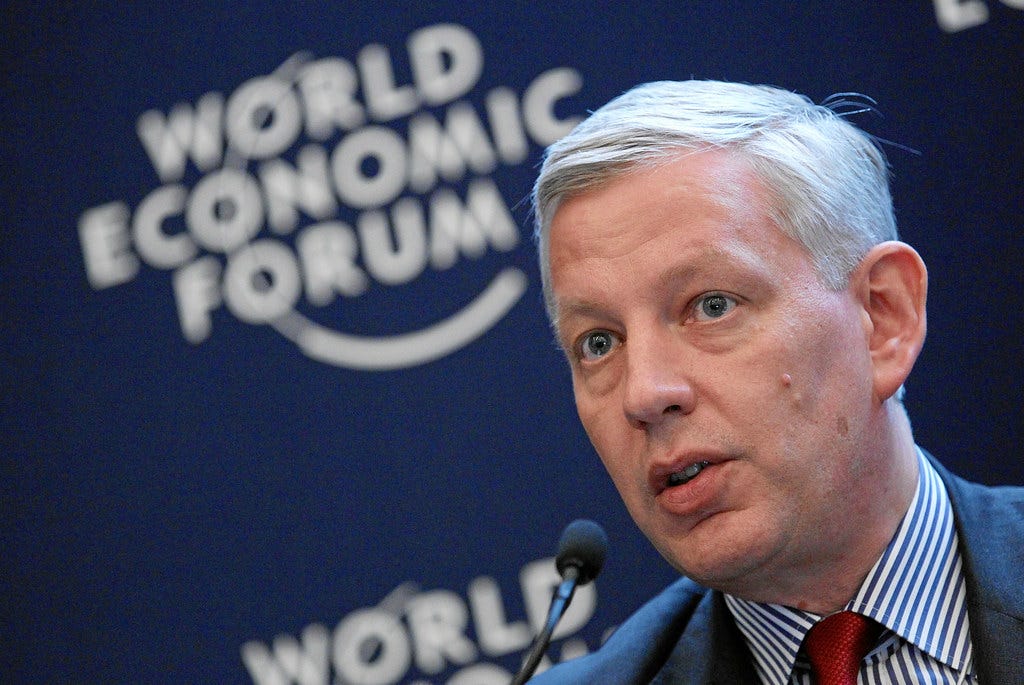

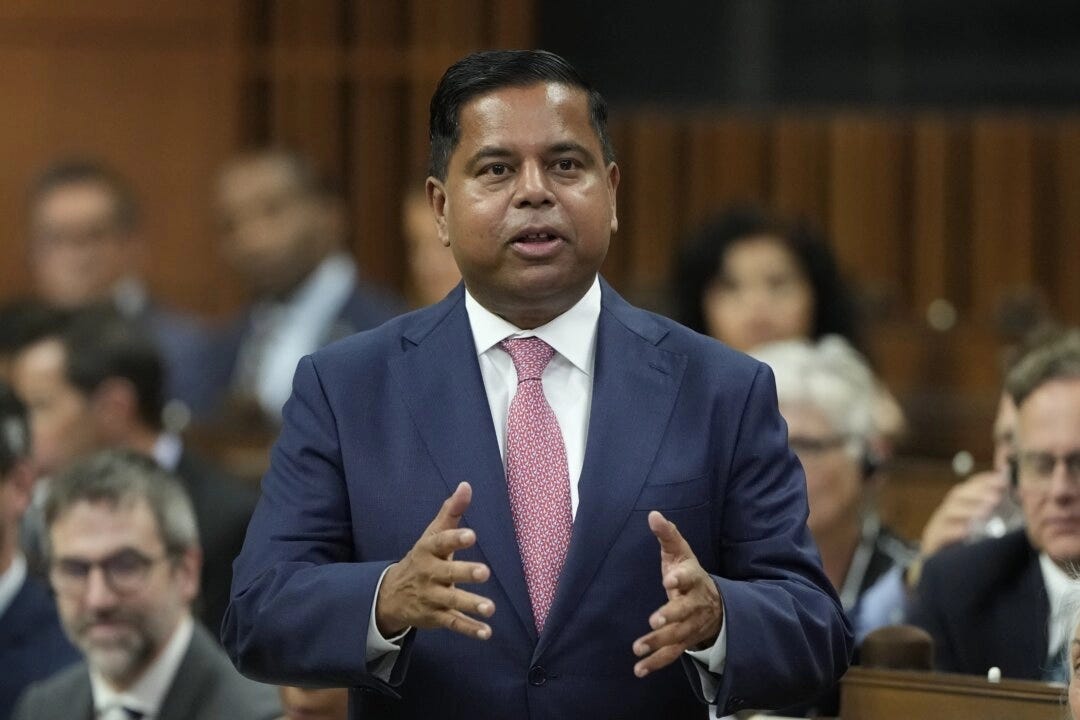
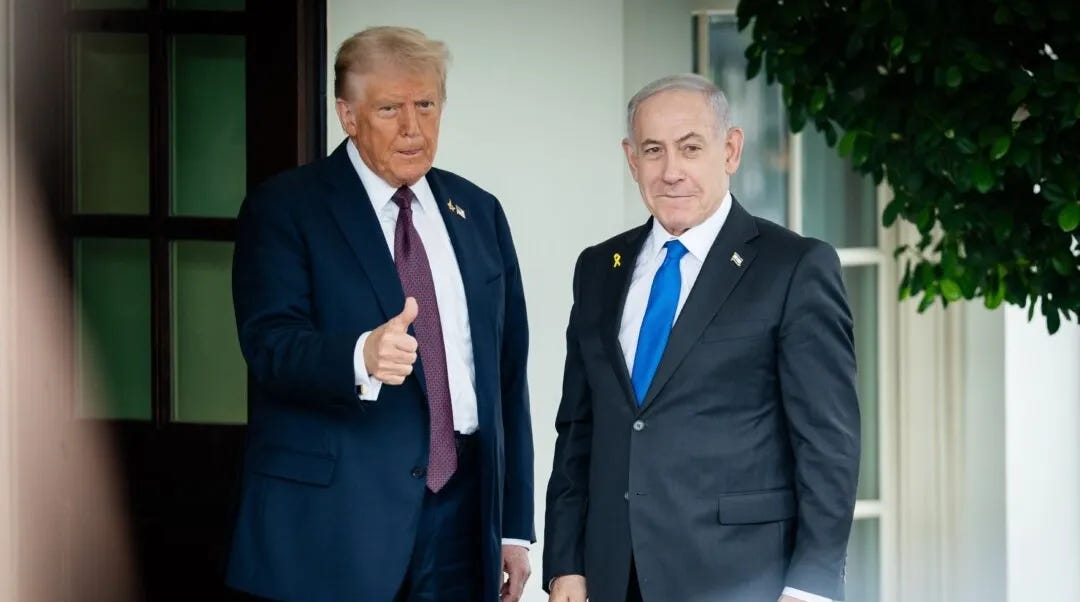



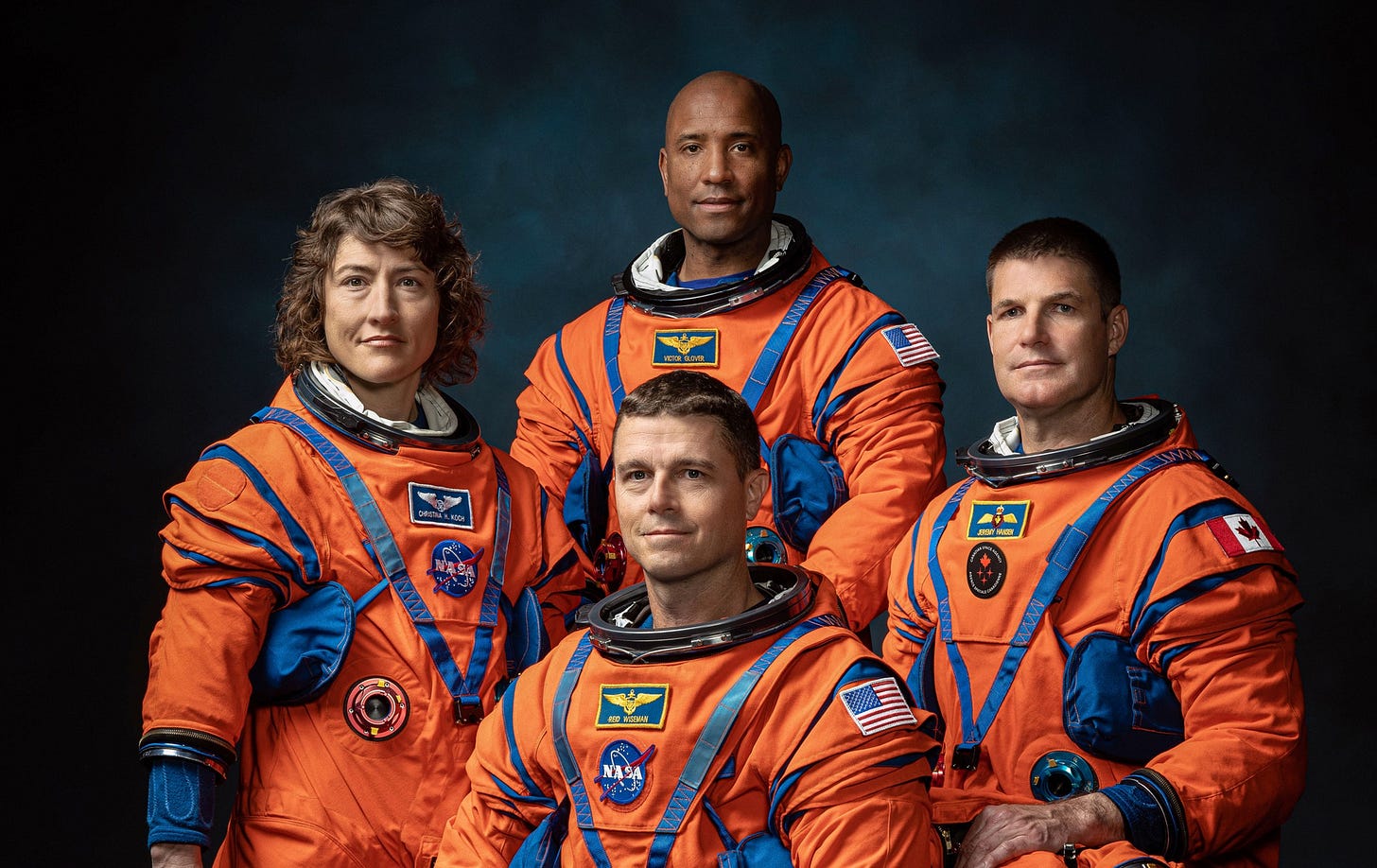



The Alberta Parents Union also advocates for parent’s involvement in school board decisions.